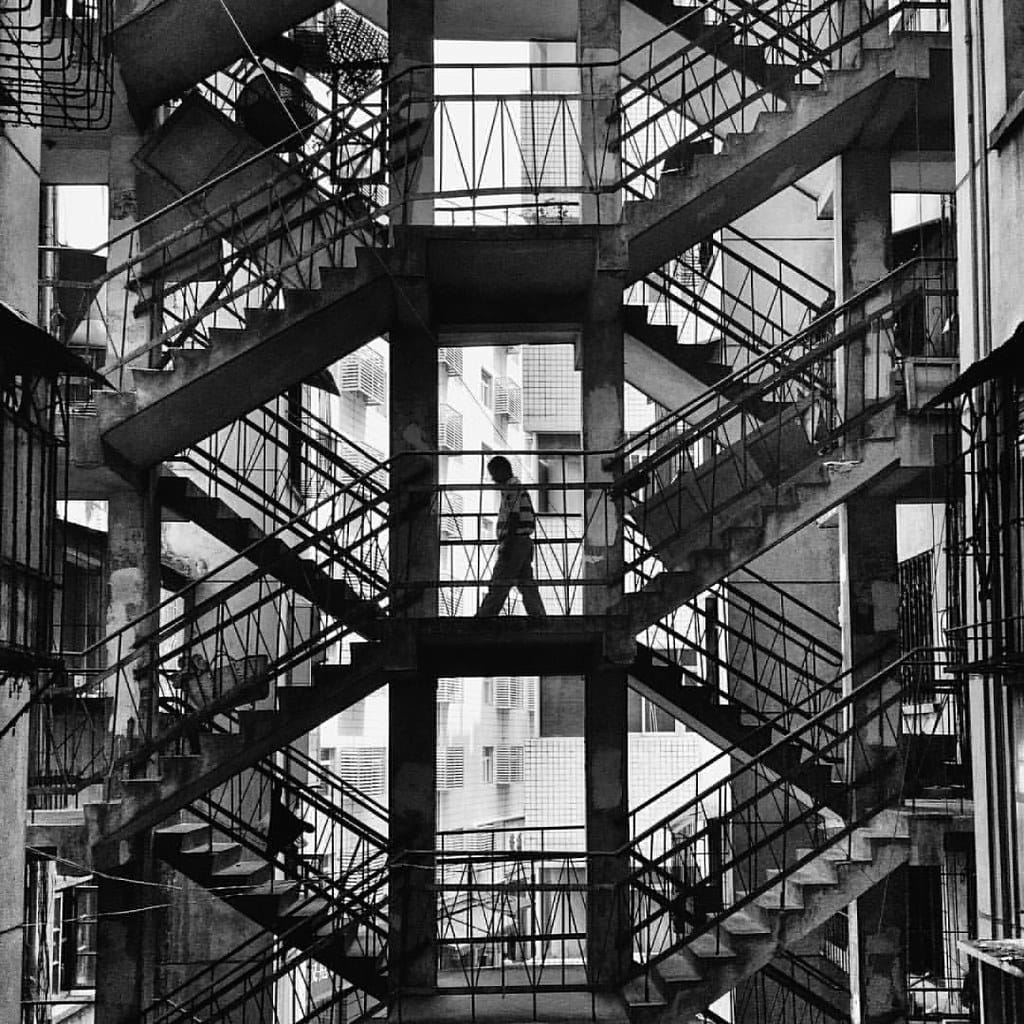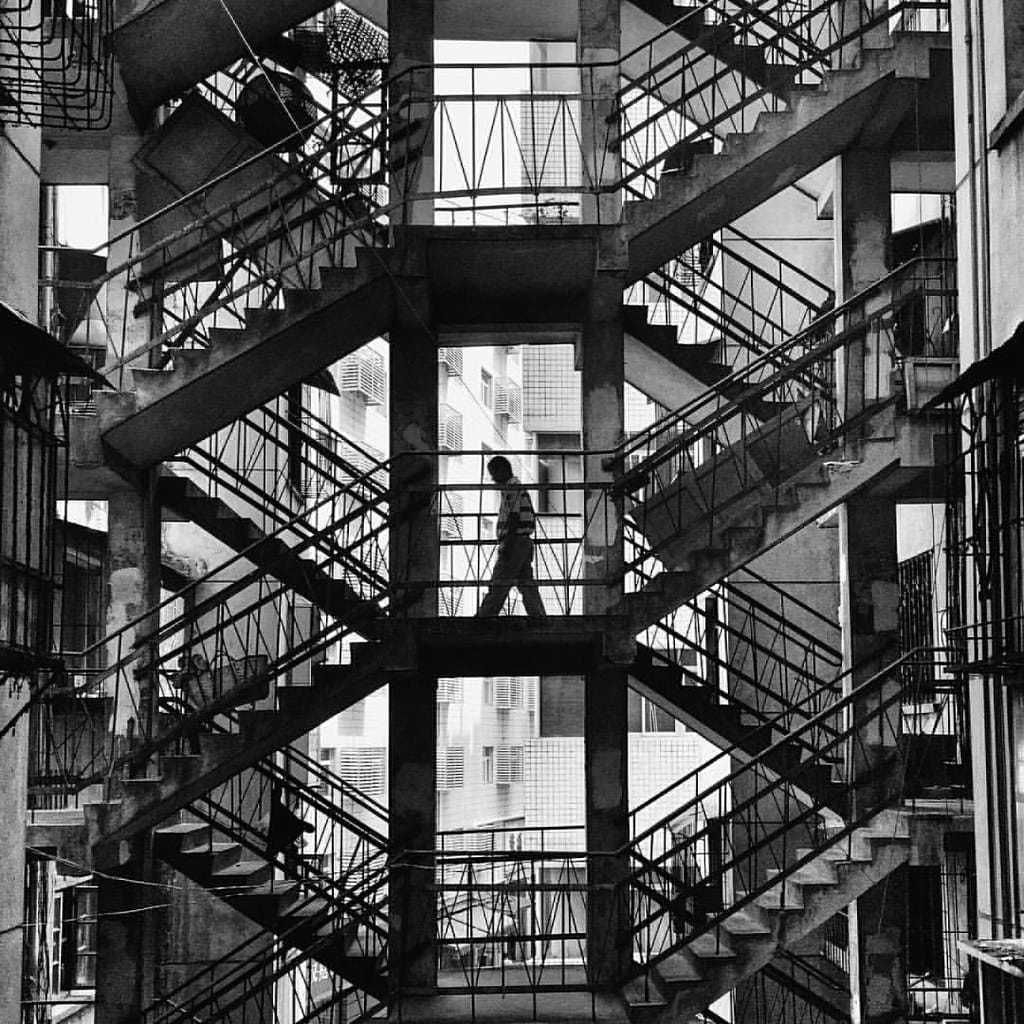Africa's Digital Lifeline: Meet the Ship That Keeps an Entire Continent Connected
When most of us lose internet connection, it's an inconvenience. When Africa's underwater cables break, millions of people across an entire continent can find themselves digitally stranded. That's where the Leon Thevenin comes in – Africa's only dedicated submarine cable repair vessel, quietly maintaining the invisible infrastructure that powers the continent's digital economy.
The Unsung Hero of Africa's Digital Revolution
The Leon Thevenin, a 140-meter-long specialized vessel operated by Orange Marine, serves as Africa's digital guardian angel. Named after a French electrical engineer, this ship carries the enormous responsibility of maintaining over 400,000 kilometers of submarine cables that connect Africa to the global internet.
When a cable breaks – whether from ship anchors, fishing nets, natural disasters, or simply wear and tear – the Leon Thevenin springs into action. The ship can locate faults up to 8,000 meters below the ocean surface and perform repairs that restore connectivity to millions of users across multiple countries.
Why Cable Breaks Matter More in Africa
Africa's dependence on submarine internet cables is particularly acute. Unlike regions with extensive terrestrial fiber networks or multiple redundant connections, much of Africa relies heavily on a limited number of submarine cables for international connectivity.
The continent currently depends on approximately 15 major submarine cable systems, compared to over 400 that serve other regions globally. This scarcity means that when a single cable fails, the impact can be catastrophic:
- In 2020, cable cuts affected internet speeds across West Africa for several days
- A 2018 outage left parts of East Africa with severely degraded connectivity for over a week
- Each hour of downtime can cost affected economies millions in lost productivity and commerce
The Complex World of Deep-Sea Repairs
Submarine cable repair is a highly specialized operation that few companies worldwide can perform. The Leon Thevenin is equipped with:
Advanced Detection Systems: Sophisticated sonar and remotely operated vehicles (ROVs) that can pinpoint cable faults thousands of meters below the surface.
Specialized Recovery Equipment: Massive winches and cutting tools capable of lifting damaged cables from the ocean floor, even in depths exceeding 6 kilometers.
Onboard Cable Manufacturing: The ship carries spare cable sections and can splice new segments directly at sea, a process that can take days to complete for a single repair.
Racing Against Time and Economics
Every cable repair is a race against time. Internet downtime doesn't just frustrate users – it directly impacts Africa's growing digital economy. E-commerce platforms, mobile banking systems, remote education, and telemedicine services all depend on reliable international connectivity.
The economic stakes are substantial. Sub-Saharan Africa's digital economy was valued at $115 billion in 2020, with projections suggesting it could reach $712 billion by 2050. Much of this growth depends on reliable, high-speed internet connectivity that submarine cables provide.
For businesses across Africa, cable outages can mean:
- Lost revenue from e-commerce transactions
- Disrupted supply chain communications
- Interrupted financial services and mobile money transfers
- Compromised cloud-based operations and remote work capabilities
Looking Toward a More Resilient Future
While the Leon Thevenin continues its vital work, Africa is gradually building more resilient digital infrastructure. New submarine cable projects like 2Africa – a massive 45,000-kilometer cable system encircling the continent – promise greater redundancy and reliability.
Additionally, satellite internet constellations and improved terrestrial fiber networks are creating backup options that reduce dependence on any single submarine cable system.
The Invisible Infrastructure That Powers Progress
The story of the Leon Thevenin highlights a crucial reality of our connected world: the internet isn't magic – it's maintained by dedicated professionals working with sophisticated equipment in some of the planet's most challenging environments.
As Africa continues its digital transformation, from mobile banking innovations to emerging tech hubs, the continent's connectivity increasingly depends on the reliability of submarine cables and the skilled teams that maintain them. The Leon Thevenin may operate largely out of sight, but its mission is central to Africa's digital future – ensuring that when the continent goes online, it stays online.
In an era where digital connectivity determines economic opportunity, Africa's only cable repair ship isn't just fixing cables – it's safeguarding the continent's digital destiny.

